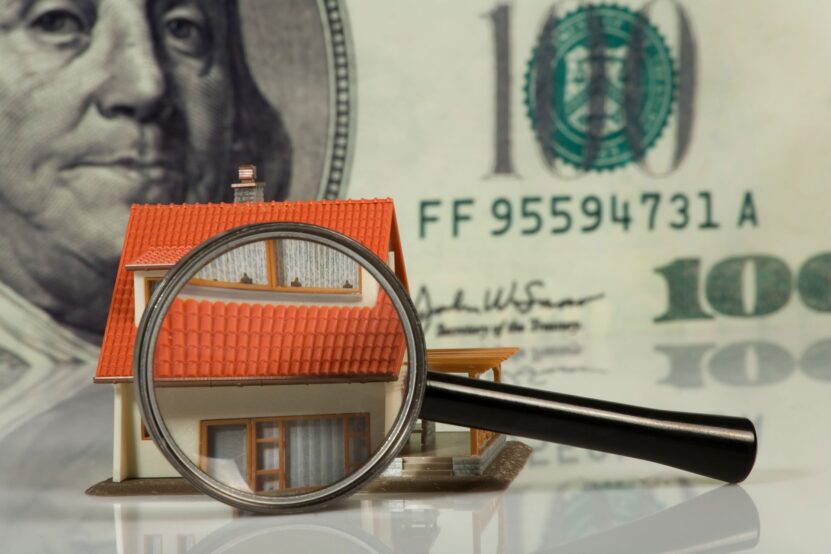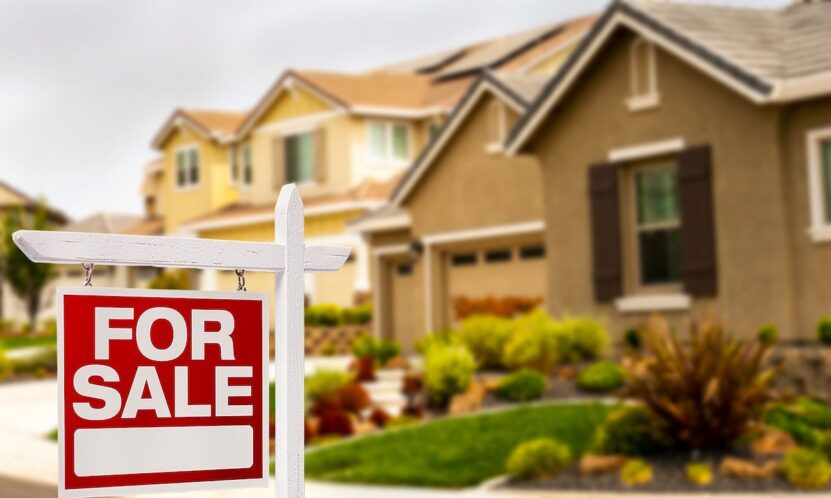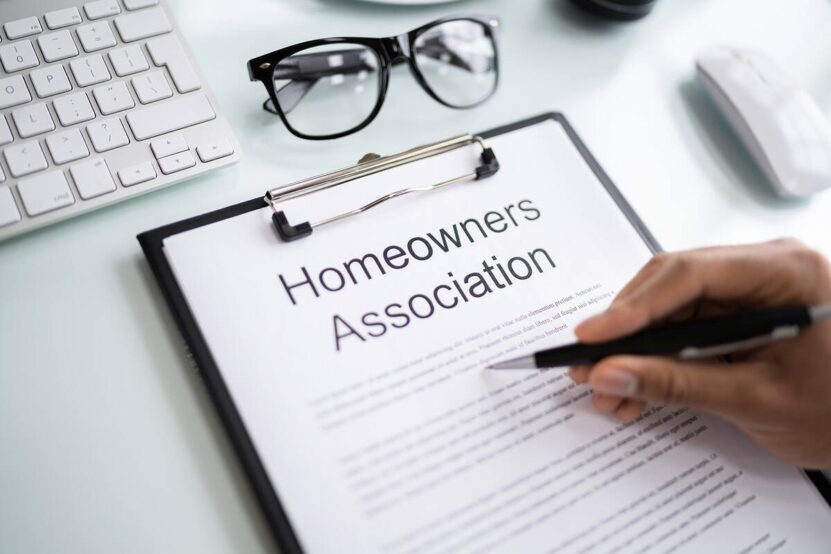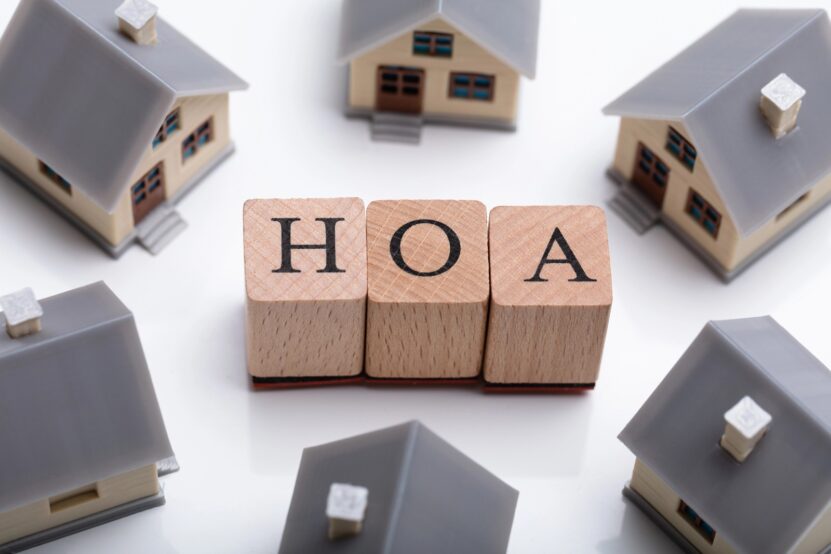When you think about Homeowners Associations (HOAs), what usually comes to mind? Maybe it’s those infamous stories about someone getting fined for painting their front door the wrong shade of blue. Or maybe it’s the community pool and a strict no-cannonball rule. What often flies under the radar, though, is how much influence HOAs can have on everyday stuff, like your utilities.
We’re talking water, trash, sewer, electricity, a even solar panels. It’s all fair game. And the way your HOA handles those things can make your life a lot easier… or a lot more frustrating. Let’s break it down in plain speak.
HOAs: More Than Just Rulebooks and Garden Committees

First, a quick snapshot. HOAs are organizations that manage shared spaces and enforce certain standards in residential communities—usually condos, townhomes, or newer subdivisions.
They collect monthly or quarterly dues and in return, handle a bunch of things: landscaping, common-area upkeep, community amenities, and yes—utilities.
But here’s where it gets interesting. Not every HOA handles utilities the same way. In some neighborhoods, your water bill gets lumped in with your HOA dues. In others, you pay it separately. Some HOAs take a bulk approach to trash pickup or cable contracts. Others leave you on your own.
And that difference can impact everything from your budget to your control over service providers.
So… Who’s Paying for What?

Let’s say you’re living in a condo building where the HOA pays the water bill. They’ll factor the building’s total usage into everyone’s dues. Sounds convenient, right? No separate water bill to worry about.
But what if your neighbor treats their shower like a spa day, every day? Or water their patio plants like they’re running a greenhouse? You’re subsidizing their habits whether you like it or not.
Common Utility Costs That May Be Covered by an HOA
Here’s a quick peek at what utilities might be included—and what’s usually on you:
| Utility | Typically HOA-Covered | Typically Resident-Paid |
| Water & Sewer | Often (esp. in condos) | Sometimes |
| Trash & Recycling | Often | Rarely |
| Electricity | Rarely | Almost always |
| Gas | Sometimes (in shared boilers) | Usually |
| Cable/Internet Packages | Occasionally (bulk deal) | Often |
| Solar Power Systems | Increasingly common in new builds | Varies |
Every HOA is different, so if you’re house-hunting, always ask what’s included before making assumptions. It can be the difference between a $300 and $450 monthly expense.
The Good: Centralized Utility Management Has Upsides

To be fair, there are some genuine perks when your HOA handles utilities.
- Bulk Pricing: HOAs often negotiate better rates on services like internet, trash collection, or even solar energy because they’re buying in bulk. Think of it as Costco, but for cable.
- Streamlined Payments: One payment covers multiple bills. No juggling due dates, no late fees because your sewer bill got buried in your inbox.
- Fewer Service Disruptions: Since the HOA is in charge, they tend to have protocols for maintenance, emergency repairs, or outages. That can mean faster fixes.
- Unified Infrastructure: Especially in condo buildings or tightly packed townhomes, shared systems (like a central boiler or trash chute) are often cheaper and easier to maintain long term.
If your HOA is well-run, those conveniences can outweigh the downside. But when things go sideways? You’ll wish you had more control.
The Not-So-Great: Loss of Control and Transparency
Now here’s where people start gritting their teeth. You’re paying into a system, but you’re not calling the shots.
A few examples:
- No say in the service provider. Hate the internet company the HOA picked? Too bad—you’re stuck with them.
- No reward for conserving. If water is shared and lumped into dues, cutting back doesn’t save you money. It just covers someone else’s overuse.
- Lack of itemized bills. Want to see exactly what portion of your HOA fee goes toward utilities? You may hit a wall. HOAs aren’t always transparent with line-item breakdowns.
- Slow response to issues. If something goes wrong—say, a leak in a shared pipe or a broken meter—you have to go through the HOA to get it resolved. And that can be a test of patience.
And let’s be real: not every HOA is a well-oiled machine. If management is unresponsive or the board is disorganized, utility mishandling becomes a major headache.
Solar Panels: The HOA Headache You Didn’t Expect

Let’s talk solar for a second, because this is a growing issue.
More homeowners are trying to go solar to cut energy costs and reduce their carbon footprint. But some HOAs are still dragging their feet, either blocking installations or loading up on unnecessary restrictions.
Even in states like California, where HOAs can’t technically ban solar, they can still require approval, and that process can be slow and needlessly complicated.
Pro tip: If you’re thinking about going solar and you live in an HOA-controlled community, get the paperwork started early. And be prepared to push back if the board drags things out.
Proactive Questions to Ask Before Buying in an HOA
Thinking about moving into a community with an HOA? Or maybe you’re already there and just trying to get a grip on where your money’s going?
Here’s what to look into:
- Which utilities are included in HOA dues?
- How are costs split among residents—flat rate, usage-based, or square footage?
- What’s the average monthly fee, and how often does it increase?
- Are there any group utility contracts (like cable or solar)?
- Can you opt out of shared services if you don’t use them?
- Who handles outages or service complaints—your utility provider, or the HOA?
Being nosy up front can save you from billing surprises later.
Case in Point: When Utility Setup Affects Home Sales

Picture this: you’re getting ready to sell a place in San Diego. The HOA dues cover water, trash, and maybe even a group internet plan. For some buyers, that’s a plus—fewer bills, less hassle. For others, especially those focused only on that monthly fee, it can raise eyebrows.
So what if you’re in a hurry? Maybe you’ve got a job move, or you’re just tired of dealing with HOA politics. If you’re thinking, “I need to sell my house fast in San Diego,” that kind of bundled utility setup might feel like one more obstacle. But there are buyers out there who prefer it—and in some cases, you’re better off working directly with someone who gets that.
Local buyers like Gordon Buys Homes understand how HOA-included utilities factor into long-term value. They won’t waste your time nitpicking about who pays the trash bill. They’ll just get the deal done—fast, fair, no drama.
What to Do If Your HOA Utility Setup Sucks

If you’re already in an HOA and dealing with a less-than-ideal utility arrangement, don’t throw in the towel just yet. You’ve got a few plays:
1. Join the Board or Attend Meetings
Even if you never saw yourself as “board member material,” showing up at meetings gives you a voice. You’ll get more transparency, and maybe even push for better contracts or more sustainable practices.
2. Request Billing Breakdowns
Ask for detailed breakdowns of where your dues go. Some states require HOAs to provide them, and you have every right to know what you’re paying for.
3. Push for Audits
If you think costs are out of whack, suggest a third-party audit. It can uncover inefficiencies or mismanagement, and sometimes it’s the nudge needed to switch providers or renegotiate contracts.
4. Look Into Individual Metering
In some communities, it’s possible to shift from shared to individual metering for things like water. It’s not always cheap upfront, but it gives residents more control long term.
The Bottom Line
HOAs can simplify utility management—but they can also complicate it in sneaky ways. The key is knowing how your specific community handles things, staying curious about where your money goes, and speaking up if something doesn’t add up.
Utilities are one of those behind-the-scenes issues that only become a thing when they stop working smoothly. And in an HOA? You’re not just relying on a utility company—you’re relying on your neighbors to care as much as you do.
So yeah, read the fine print. Ask the weird questions. And if your HOA’s got a good setup, appreciate it. If not? Well, at least now you’ve got some ammo.

